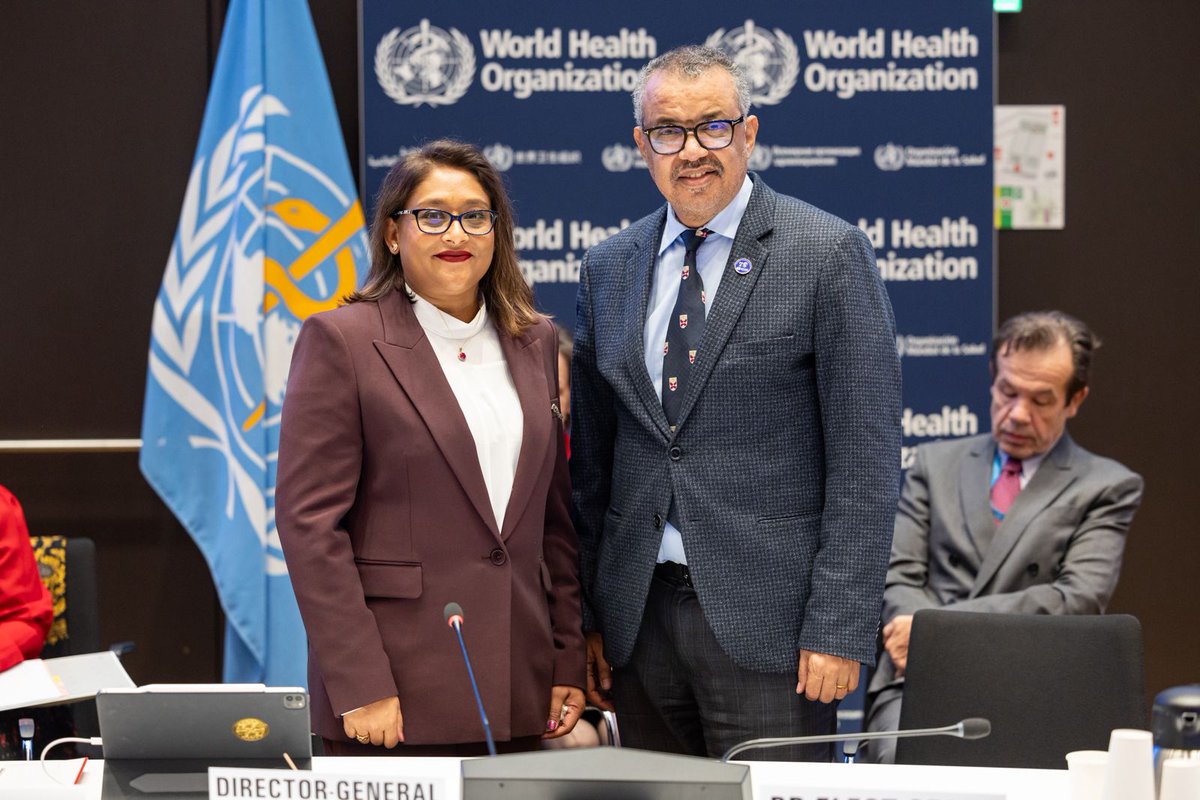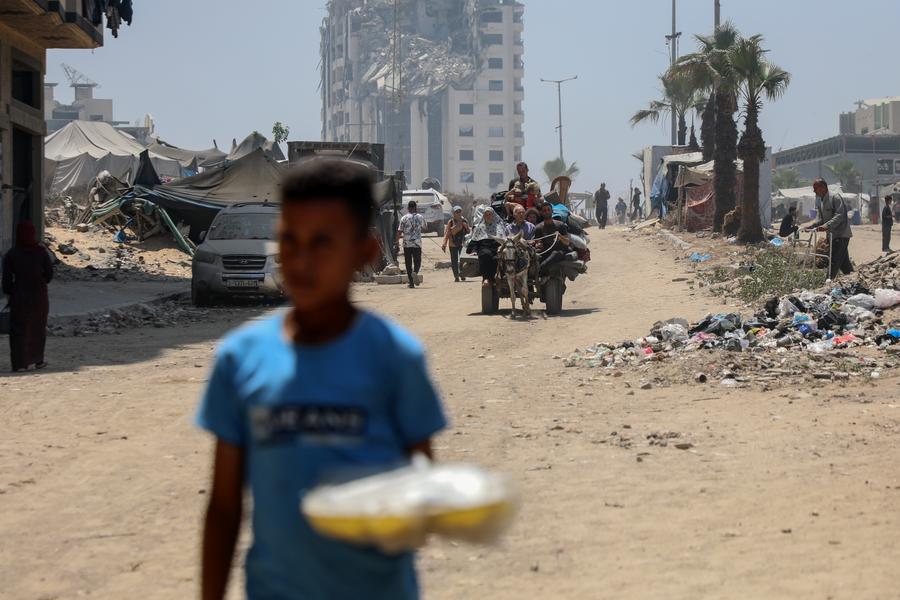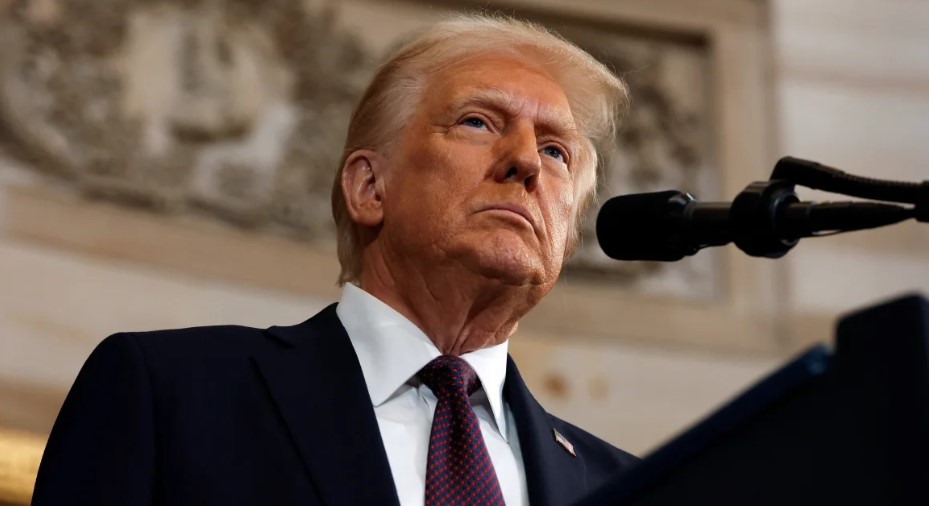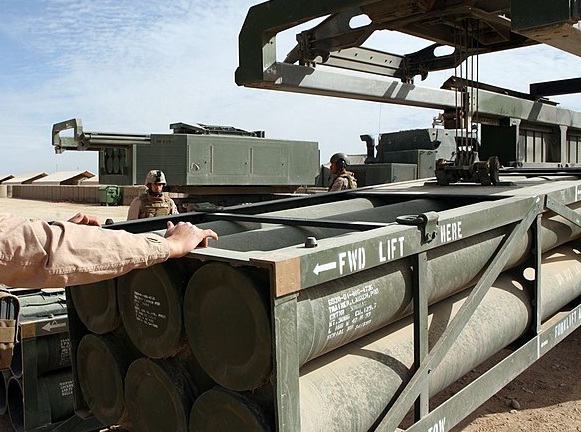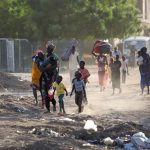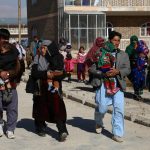Speaking about her priorities, Wazed said, “The first of these is a strong focus on mental health….a long-neglected area…reports Asian Lite News
The World Health Organisation (WHO) Executive Board in Geneva has said that Saima Wazed has been appointed as the WHO Regional Director for South-East Asia.
After taking oath as the new Regional Director, Wazed in her acceptance speech at the WHO Executive Board, said, “I would like to thank the Member States for the trust they have placed in me. There is a lot of work to be done, and I am extremely pleased to be starting this journey at this moment with all of you. I am excited for all that we can, and will, do together in the coming years.”
She begins her five-year term on February 1, 2024, and is the first from Bangladesh and the second woman Regional Director of the WHO South-East Asia Region. On November 1 last year, Bangladesh PM Sheikh Hasina’s daughter Saima Wazed was nominated as the next Regional Director in a vote by the Regional Committee for South-East Asia.
Speaking about her priorities, Wazed said, “The first of these is a strong focus on mental health….a long-neglected area. It is time to turn the tide against the silent illness of mental health which impacts every aspect of the lives affected. I will work towards ensuring relative parity between physical and mental health in our healthcare systems.” She said that she looked forward to devising and implementing specific interventions for women and children, including pregnant women, according to the WHO press release.
“Second, I look forward to devising and implementing specific interventions for women and children, including pregnant women. This will be created with education, empowerment, and prevention in mind. Structured with a life-course approach, this will include comprehensive well-being and health screenings, vaccination and nutrition programs, promotion of both physical and mental well-being, and resilience,” she said.
She said, “Any success we achieve in this area will have multi-generational impacts and benefits which will potentially outlive us all. Successes in this area cascade through societies, even improving the social and economic health of communities.” Calling technology a “great enabler,” Wazed said that her third priority is the use of technology. She said, “This great enabler in our lives over the last few decades allows untold possibilities of innovation across many different spheres of public health. The impact of the digital revolution on healthcare holds immense promise, ranging from telemedicine and remote patient monitoring to data-driven diagnostics and personalized treatment plans.”
Speaking about her other priority areas, Wazed stressed on strengthening health systems based on a primary health care approach, monitoring health inequalities to identify and track disadvantaged populations, focusing on evidence & data to formulate equity-oriented approaches and addressing the needs of all groups to ensure all have access to quality services on an equal basis with others.
She called for encouraging countries to engage whole-of-society for effective pandemic preparedness and response, especially multi-level planning for pandemic preparedness which is also linked to health system strengthening, according to WHO press release. Wazed said, “Collaboration and partnerships: regional and multi-sectoral – promoting active involvement of education, economic, social, poverty alleviation and development and different regulatory sectors within overall health planning of member countries. Partnering with multiple sectors to address all determinants of health.”
She spoke about monitoring and progress reporting for building innovative and context-specific data and reporting systems to measure the implementation of strategies and improve decision-making, according to WHO press release. Calling climate change one of the priority area, Saima Wazed said developing preventive and mitigative action mechanisms by integrating climate change measures into national policies, strategies and planning. She further said, “Monitoring health impacts of climate & environmental change and prioritizing health sector resilience to climate and environmental change.”
In the statement, Saima Wazed said, “Focus on marginalized and vulnerable groups – by prioritizing their unique needs in health infrastructure planning for providing both preventive and curative services, to truly ensure that no one is left behind.” In a post on X, Wazed said she undertakes this responsibility with humility and with a promise to work with a spirit of cooperation and partnership to implement her vision for the region. Taking to X, she stated, “A short while ago I was formally appointed as the new Regional Director for @WHOSEARO. I undertake this responsibility with humility, and with a promise to work with a spirit of cooperation & partnership to implement my vision for our region.”
“I concluded my remarks to @DrTedros and the @WHO Executive Board saying: “I would like to thank the Member States for the trust they have placed in me, and I thank you in this room for reaffirming their voice and their choice. There is a lot of work to be done, and I am extremely pleased to be starting this journey at this moment, in our headquarters, with all of you. In the coming months, I will call upon your guidance, your advice, your partnership & your friendship. I am excited for all that we can, and will, do together in the years ahead. On behalf of South East Asia, I thank you,” she added. Notably, Saima Wazed has a Bachelor’s degree from Barry University in US’ Florida. She has a master’s degree in clinical psychology and is a candidate for a doctorate in Organizational Leadership from the same university.
Since 2019, Wazed has been an Advisor to the WHO Director-General on Mental Health and Autism and has been a member of WHO’s Expert Advisory Panel on Mental Health since 2014.
In 2017, Wazed was designated Goodwill Ambassador for Autism in WHO South-East Asia. She co-authored WHO South-East Asia Regional Strategy on Autism Spectrum Disorder the same year.
She is an Associate Fellow at the Global Health Program Chatham House, UK, Chairperson of the National Advisory Committee on Autism and NDDs, Dhaka Bangladesh, and Chairperson of the Shuchona Foundation, Dhaka, Bangladesh, WHO said in a press release.
Wazed was conferred the ‘Excellence in Public Health’ award by WHO South-East Asia Regional Office in 2014. She was conferred the Ibrahim Memorial Gold Medal in 2016 by the Dr Ibrahim Memorial Council, Bangladesh, for her work on autism and neurodevelopment disorders.
In 2017, Wazed received the International Champion Award from US organization Shema Kolainu for her work on autism in South-East Asia. In 2019, she was conferred Innovative Women Leaders in Global Mental Health award by the Global Mental Health Programs, Columbia University, US. (ANI)

